Navigating the Legal Labyrinth of Game Emulation: What’s Allowed?
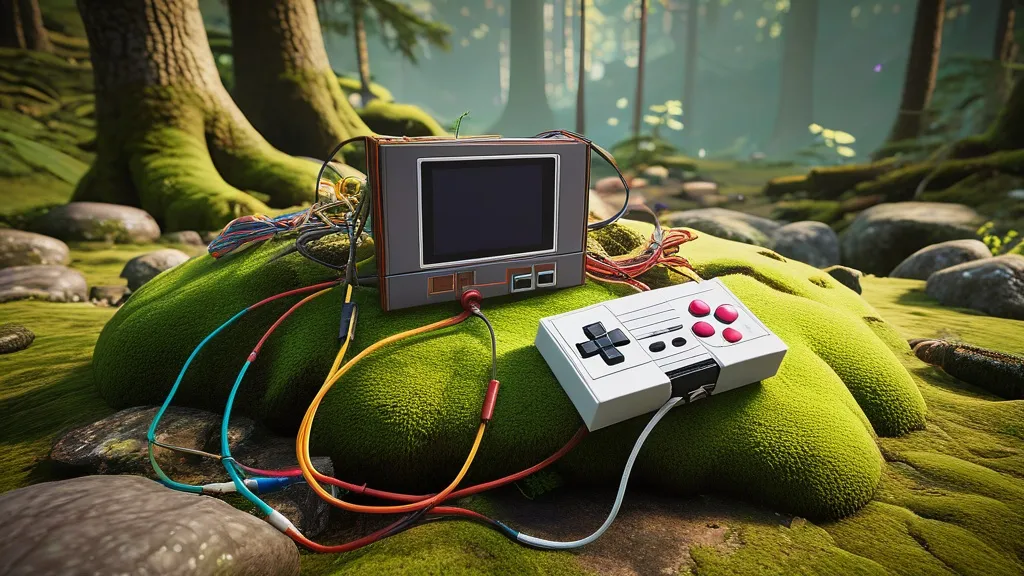
Alright, so you’ve tripped and stumbled onto the curious world of emulation legality, eh? That tangled web of rights, wrongs, and those ‘wow, is this even legal?’ moments. Let’s dive headfirst into this wonky rabbit hole. First off, what’s an emulator, you ask? Well, it’s a bit of software wizardry that pretends to be something else—often a chummy little console—letting your spiffy new gadgets run games from days gone by. There’s chatter everywhere, from Reddit to those “professional” forums, about whether emulation is just a cool tech trick or, you know, a hop across the legal line. But fear not, we’ll untangle that noodle of a question while we’re here.
Is it Legal or is it Supposed to be a Secret?
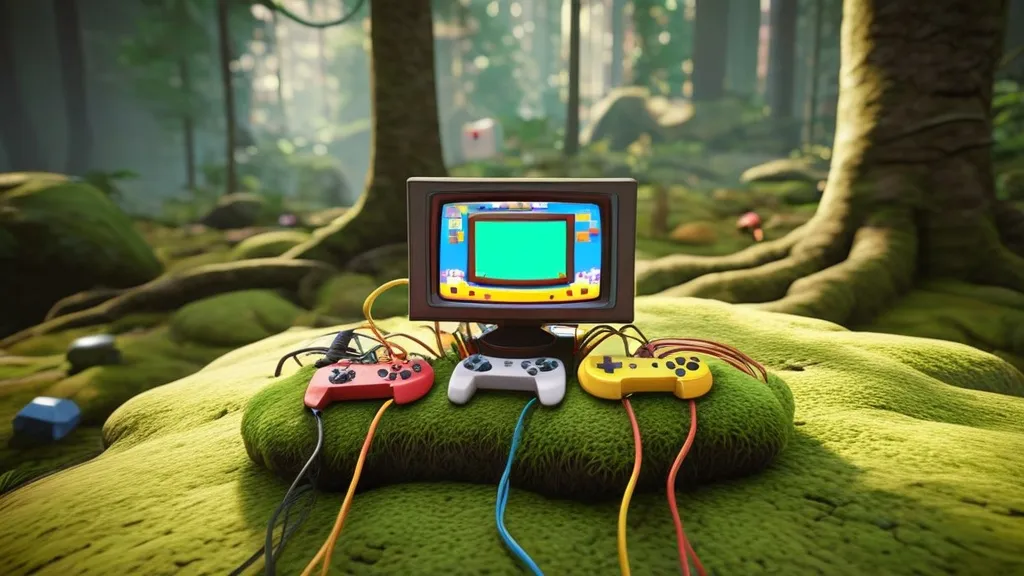
Emulation legality is a bit like trying to eat spaghetti while wearing a white shirt—messy and almost certain to get you into trouble. Why the fuss? Well, it’s all about copyright laws. Oh, the joy! On one side, folks say emulating’s just about enjoying the games you legitimately bought. On the other, companies wield the copyright hammer like Thor, insisting it’s all utterly verboten. But who’s really right here?
The Highs and Lows of Game Emulation
Recently, the court dramas with some major gaming giants have been like binge-worthy Netflix, if you’re into that sort of thing. Big players like Nintendo and Sony, bless their lawsuits, fiercely guard their treasures. They see emulation as piracy cloaked in fancy code. But is using an emulator always theft? Not necessarily.
Understanding the Many Faces of Emulation
You can grab emulators freely—yup, they’re legal to distribute. It’s the ROMs (games’ sassy little files) where it gets dodgy. Think of ROMs as digital sneakers, and the emulators as the closet. Sure, having a closet’s allowed, but is hiding sneakers you didn’t buy kosher? Exactly. If you own the original game, it’s like, hey, fair use bruh! But if not, well, it’s a rat’s nest of “watch your back, buddy”.
| Aspect | Legalities |
|---|---|
| Emulator Software | Generally legal to distribute |
| ROM Files | Legal if you own the original, questionable otherwise |
| Personal Use | Safer if the original game is owned |
| Redistributing Games | Big no-no, never |
The Debate; A Never-Ending Game

The battle continues in the realm of tech wizards and legal eagles—emulation legality versus gaming corporations. Some argue emulation preserves gaming history like a museum, which sounds rather noble, doesn’t it? Others say it steals profit faster than I eat leftover pizza at midnight. Everyone’s got a story or a stance.
It’s Not Just About the Games
Imagine a world with no more Pac-Man or Sonic. Bite your tongue, right? Emulation has become a bastion of nostalgia. It’s a love letter to gaming’s past, keeping titles alive even when, technically, they’re fashionably out of print. The Digital Millennium Copyright Act plays a guest spot here, providing a few loopholes, excuse me—’exemptions’.
But corporations, they’re not buying into the sentimental fluff. No sir. Their angle? Unlicensed copies hurt profits, and profits matter, don’t they? It’s a bit like arguing who’s the best superhero when you meet up with friends. No easy answer.
Wait, Are You Seriously Telling Me That’s Allowed?
The internet’s a jungle, and boy, does emulation dance on a tightrope. When agreeing to terms and conditions—by the way, check this out if you haven’t—you kind of enter this contract zone. You literally agree not to go wild-west on their digital creations. Yes, it’s boring. But read it, maybe.
Emulation legality is like debating pineapple on pizza—everyone’s got a steaming hot take. Some folks argue emulation is a bonafide form of archival, while companies clutch pearls over potential revenue loss. It’s a delightful digital tug-of-war.
Let’s Not Forget About the Tech-Savvy
Ah, the emulation community—they’re a bit like modern-day Robin Hoods, except they don’t exactly give to the poor. They trade on whispers and shared ventures, crafting emulators to keep classics alive. Makes you wonder, are they saving gems from obscurity or just muddling the legal soup? Maybe a little of both.
Tech enthusiasts rave about how emulators offer an optimized experience of vintage games, breathing new life into them. They’ve become a beacon for those who max out their nostalgia meters. In many cases, it’s not even about skirting legality; it’s about reliving joy—your gaming rights feel validated with each level beaten.
FAQs
- Is using an emulator illegal? — It depends, mostly on how you’re using it. If you own the games, you’re standing on firm ground. If not, it’s legally wobbly.
- Can I download ROMs for games I own? — Technically, yes! If you’ve got the original copy, you’re mostly golden.
- Why do companies hate emulators? — They think it eats away their profit sandwich and compromises intellectual property.
- What happens if I share ROMs online? — Trouble, lots of it. Redistributing is a legal red flag you don’t want to flirt with.
- Are there any legal emulators? — Indeed! Many emulators are perfectly legal. It’s the games and how you get them that throws shade.
So there you go, a rambling peek into the kaleidoscopic clash of emulation legality. It’s hazy like a morning fog but, hey, who doesn’t love a bit of mystique? Just keep that ownership proof handy, and you might just find yourself on the right side of this grand gaming divide.

Welcome to my corner of the gaming world! I’m William Anderson, and here you’ll find everything you need to fuel your passion. I provide in-depth Console Reviews, shine a light on hidden gems in my Indie Spotlights, and help you find the best Gaming Gear to enhance your setup. We’ll also take a nostalgic trip with Retro Games and sharpen our skills with effective Game Strategy guides. Let’s play!
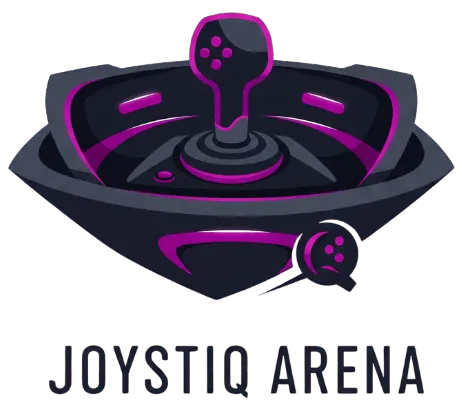


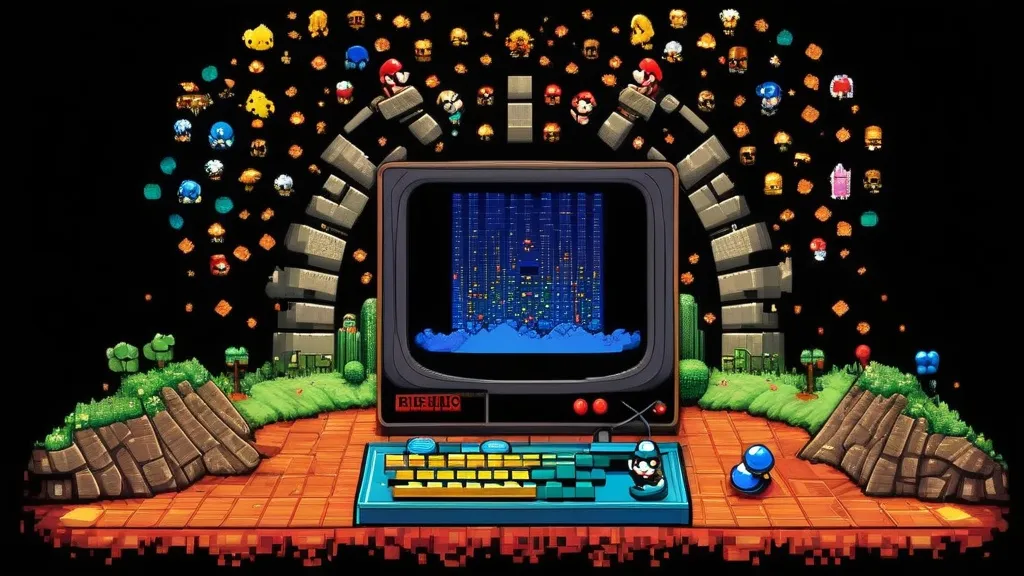
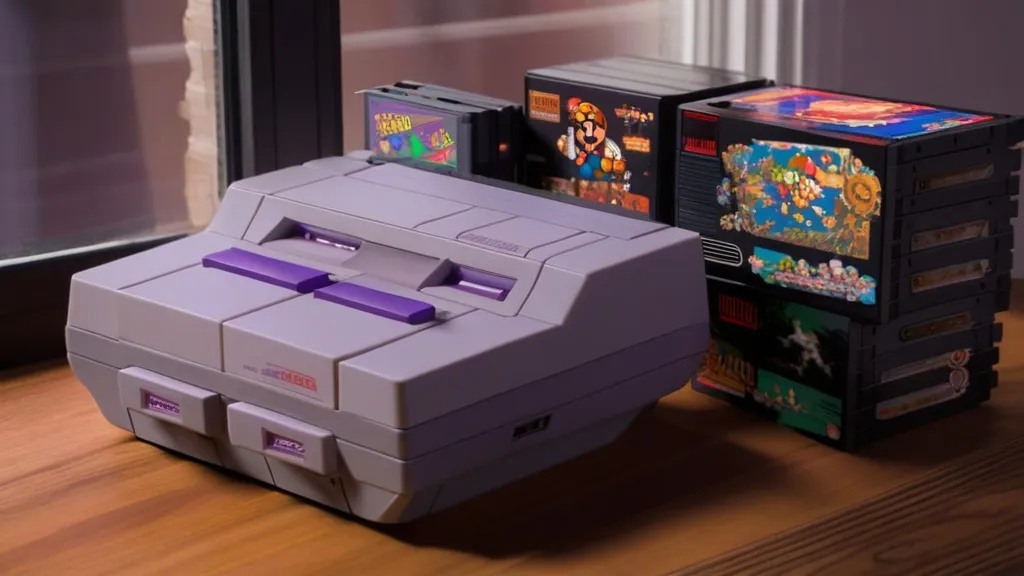
Emulation legality is a hot mess of debates and loopholes, but who doesn’t love a bit of retro gaming magic?
I once tried emulation, ended up with a headache. Legal maze isn’t worth the nostalgia trip!